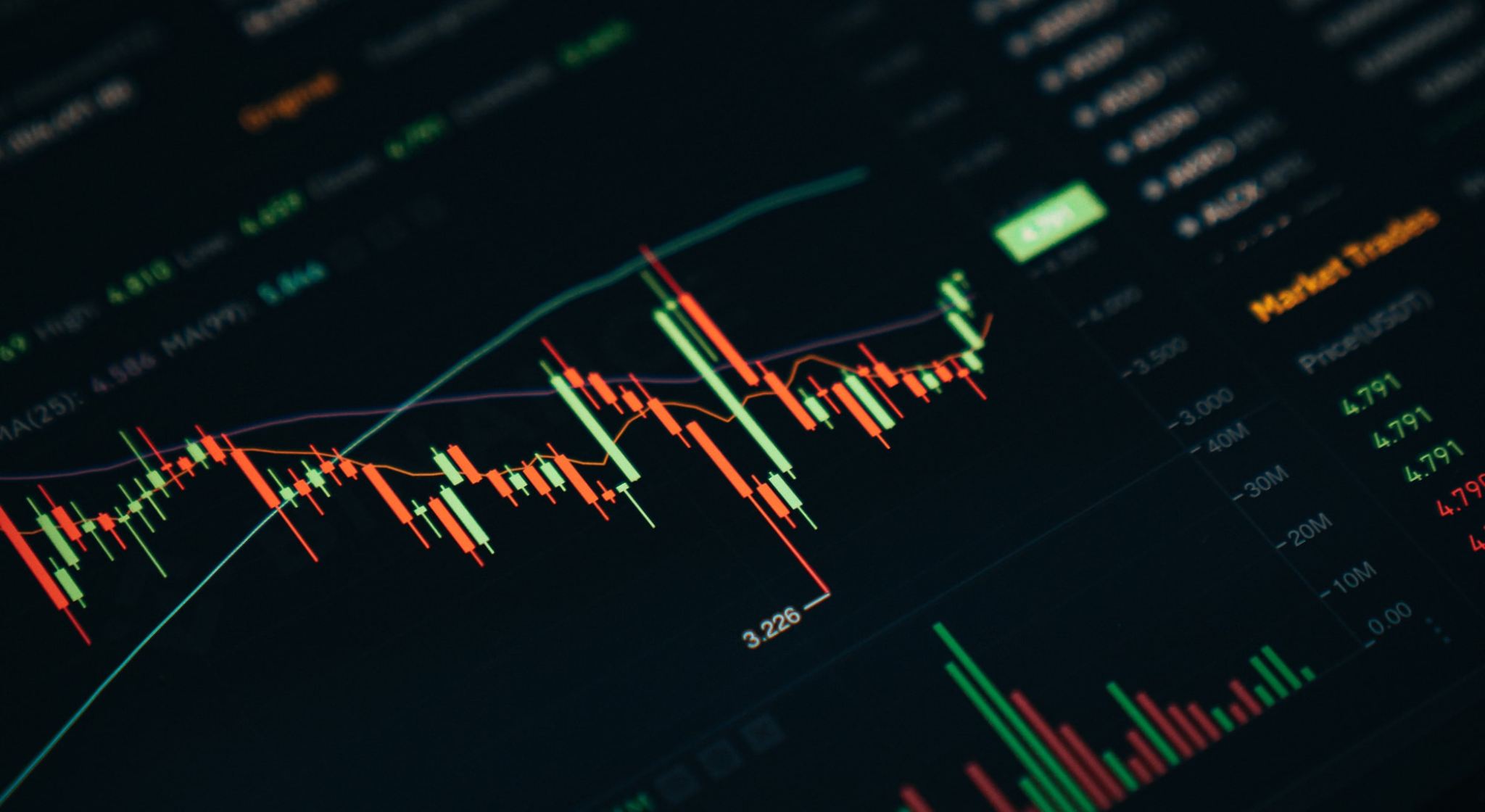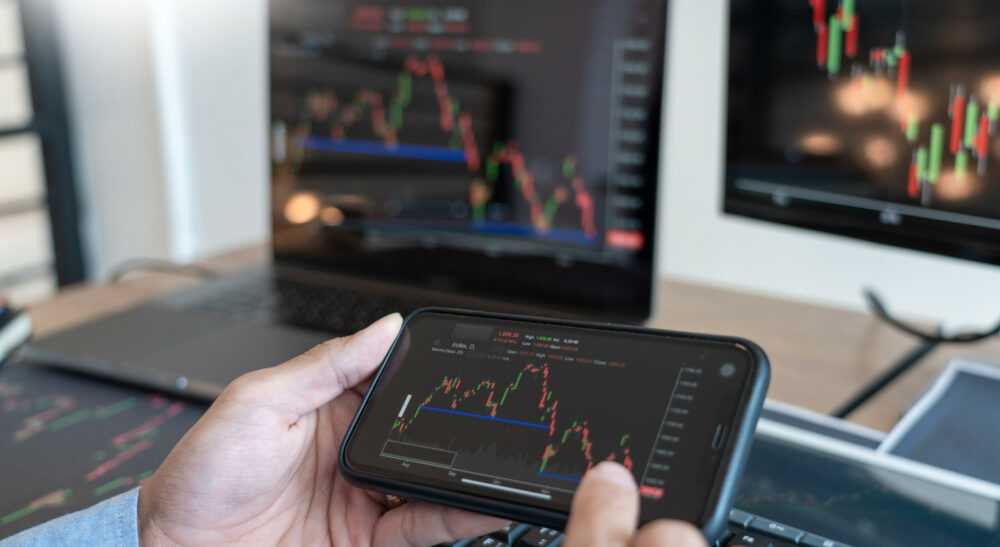Is CFD Trading Legal
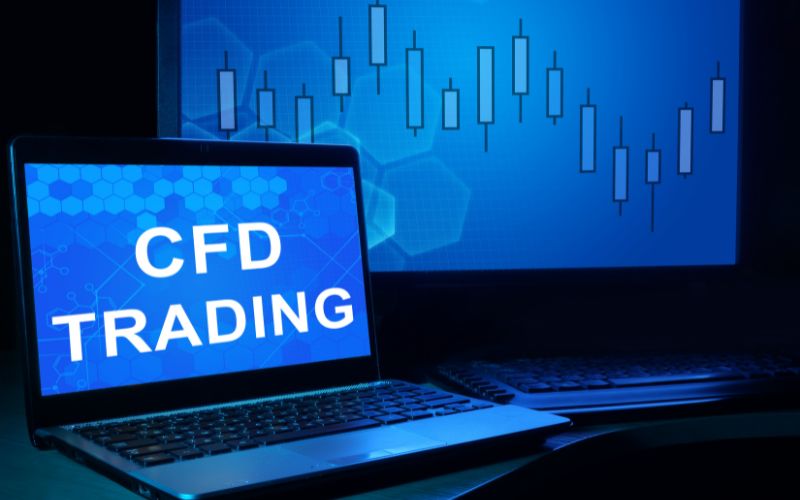
Latest News & Scam Alerts



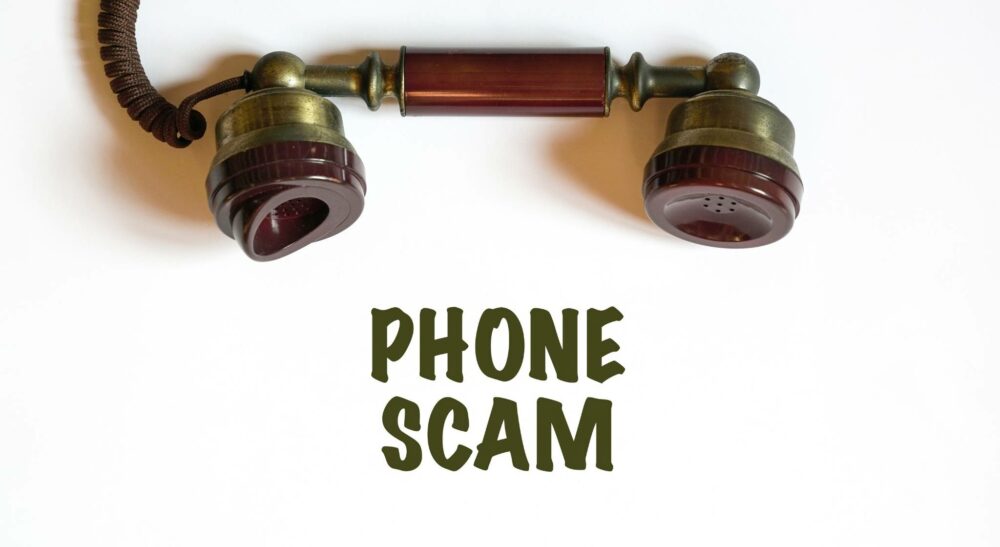
The Latest 411 on Current Day Cell Phone Scam

Smishing: A Whole New Level of Scams & Frauds
Over £27million lost to scams involving crypto and forex investments in 2018/19
Securities and Exchange Commission
If you’re someone who is into Online Auctions, then you’re definitely at the right place. We can give you the best practices in identifying red flags as well as help you in recovering your stolen money from scammers!
Table of Contents
What Is CFD Trading?
A contract for difference is based on a stock, commodity, or currency pair.
The contract buyer thinks the underlying asset will rise in value between opening and closing, while the seller thinks it will fall.
Contract buyers never own or trade the underlying asset. CFD dealers win regardless of price since they trade contracts. CFD trading is popular during market instability because traders “short” the market to profit.
CFDs are dangerous, complex, and profitable, but only experienced traders should trade them.
How Did it All Begin, And Where is it Headed?

CFDs were invented in the early 1990s by a London financial services firm for hedging purposes.
London Stock Exchange stocks were initially hedged with CFDs. CFDs were advantageous since they required a tiny margin, no physical shares were transferred, and traders could dodge certain taxes.
Today, CFDs are offered in a wide variety of financial assets and are quite popular in the countries where they are available. Share, Forex, commodity, and treasury CFDs can be traded.
Understanding the Working of a CFD With an Example
The trader purchases 100 shares at $25.26.
It costs $2,526. (plus any commission and fees). A traditional broker in a 50% margin account needs $1,263 in free capital for this trade, while a CFD broker needs $126.30.
CFD trades lose the amount of the spread. The stock must gain $0.05 cents to reach break-even if the spread is $0.05. If you held the stock altogether, you would have gained $0.05 but paid a commission and had a greater capital investment.
In a standard broker account, the stock can be sold for $50, or 3.95%, if it rallies to $25.76. CFD bid prices may drop to $25.74 when the national exchange achieves this pricing. CFD profits are smaller since traders must leave at the bid price, and the spread is bigger than on the conventional market.
This CFD trader earns $48 or 38% return on investment. CFD brokers may force traders to buy at $25.28. The $50 profit from holding the stock doesn’t include commissions or other fees, but the $46 to $48 net profit from the CFD trade does. Thus, the CFD trader earns more.
The Trading Concept Of CFDs
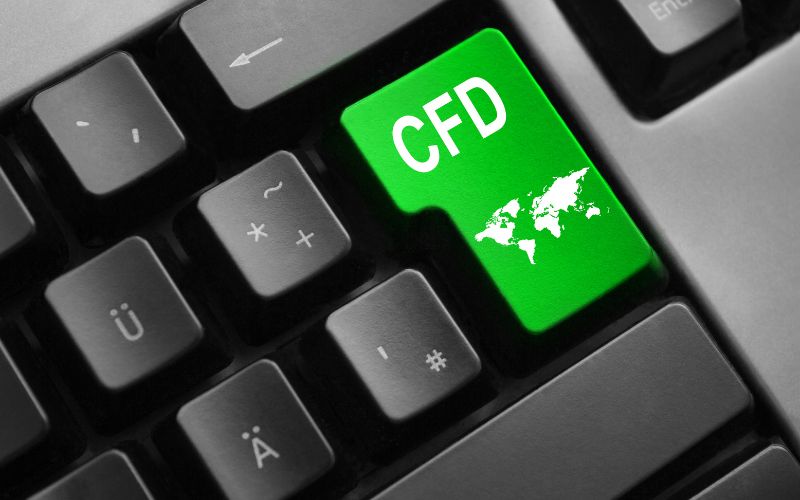
An investor and a CFD broker agree to trade the difference in the value of a financial asset (securities or derivatives) between the contract opening and closing.
It’s a strategy for advanced traders. CFDs deliver no products or securities. CFD investors profit from price changes but never own the underlying asset. Instead of buying or selling gold, a trader might bet on its price.
CFDs allow investors to wager on whether the price of the underlying asset or security will rise or decline. Traders can bet up or down. CFD traders will sell if the asset’s price rises. The purchase and sale prices are netted. Brokerage accounts settle trade gains.
If the trader thinks the asset’s value will fall, they can open a sell position. Buying an offsetting trade closes the position. Then, their account cash-settles the net loss.
Why Are CFDs Illegal in Some Countries?
Unfortunately, CFD trading is not permitted in the US, and neither citizens nor residents are permitted to open CFD positions.
The SEC and CFTC ban CFD accounts on foreign and local sites. This is especially true if you are an active US taxpayer. CFDs are over-the-counter derivative products, which is why the US bans them. CFDs are traded on marketplaces by buyers and sellers without regulated exchanges. However, CFD investments are hard to monitor and need more transparency.
CFD trading is also banned in the US due to regulator concerns. Leverage in CFD trading typically leads to large losses. CFDs are banned in the US to protect citizens from financial dangers that could cost them a lot of money.
US citizens use offshore firms to trade CFDs despite the ban. With regulated platforms, you can avoid losing money to fraudsters.
Non-US citizens with CFD trading legalization can trade CFDs on US financial marketplaces. Find the best local broker with market access.
Remember, CFDs are dangerous, but the top brokers will disclose all the risks before you start trading. A broker that doesn’t communicate CFD trading dangers may be untrustworthy.
DO YOU SUSPECT THAT SOMEONE HAD SCAMMED YOU?
If you have suspicions of a scam or phishing attack, you can rely on experts to help you with protection, mitigation, and fund recovery.
You will feel safe knowing that experts with years of experience will be guiding you!

Will CFD Trading Ever Be Legalized
The US banned CFD trading after the 2008 financial crisis.
CFD trading is unlikely to be legalized in the country. Laws change, so you never know. In case it becomes legal, keep learning about the CFD market. You can even move to a CFD-trading country to make market entry easier.
In the US, CFDs are one of many options. These include margin-tradable ETFs, binary options, FX, and futures contracts. It’s intriguing. Read this forex broker article.
You can also invest in equities, commodities, and cryptocurrency. Before investing, learn how an asset operates. Discipline and dedication might assist you in generating good profits with the assets.
How Risky Are CFDs?
CFDs are incredibly risky goods because of the following:
- Leveraged: Traders can borrow up to 30 times their initial investment from the trading platform, with only a small fraction of each trade’s total cost coming from their own funds. Taking out a loan to invest is never a safe course of action.
- Unlimited: Your potential losses may exceed your initial investment. You actually owe the CFD provider money since, unlike most other investments, you can lose a lot more money than you initially invested.
- No security: The underlying asset isn’t yours. The agreement you have with the CFD provider is the only thing you own. As a result, you cannot profit in the long run from the underlying asset’s capital growth.
- Volatile: Just like their underlying assets, CFDs are impacted by market conditions and are subject to sudden, sharp fluctuations in price.
· Illiquid: When you try to close out your position, there might not be a buyer or seller available depending on the CFD’s trading volume.
Verdict and Conclusion
Despite the restriction, CFD traders from recognized countries, including the UK, Australia, and others, can profit from the US CFD market.
CFDs are leveraged assets, so you can make big profits but also lose big. You must understand US CFD trading and choose the right asset for maximum return. Choose a good CFD broker and use their tools to develop reliable strategies.
For more relevant information, visit Ez Chargeback and find thousands that can help you invest your money in the right place. If you have been scammed in an online auction scam, contact us, and we will help you get your money back.
do you need help?
A lot of those who contact us have questions and concerns about their personal and business data being compromised. We aim to arm you with the legal and technical know-how in the fight against scams. Also, we will be able to refer you to top scam recovery agencies.
Please fill up the form. Rest assured that our support team will get in touch with you


